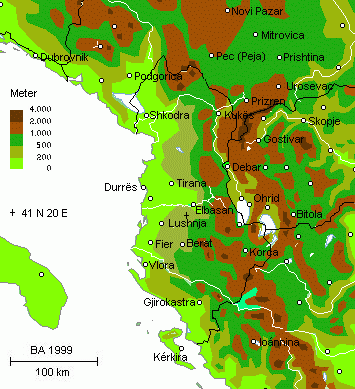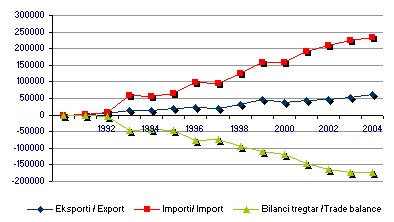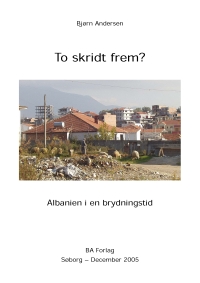Sidste Nyt fra Albanien, Kosóva og Makedonien
The Latest News from Albania, Kosóva and Macedonia
# 300 - 8' årgang - 28.04.2006
Version 1.2 •
PDF for printing •
Info om »Sidste Nyt«
Udgiver:
Bjørn Andersen
Publisher:
Bjoern Andersen

Præsident Moisiu har holdt møde med OSCE-formanden, den Belgiske Karel De Gucht
![]()










